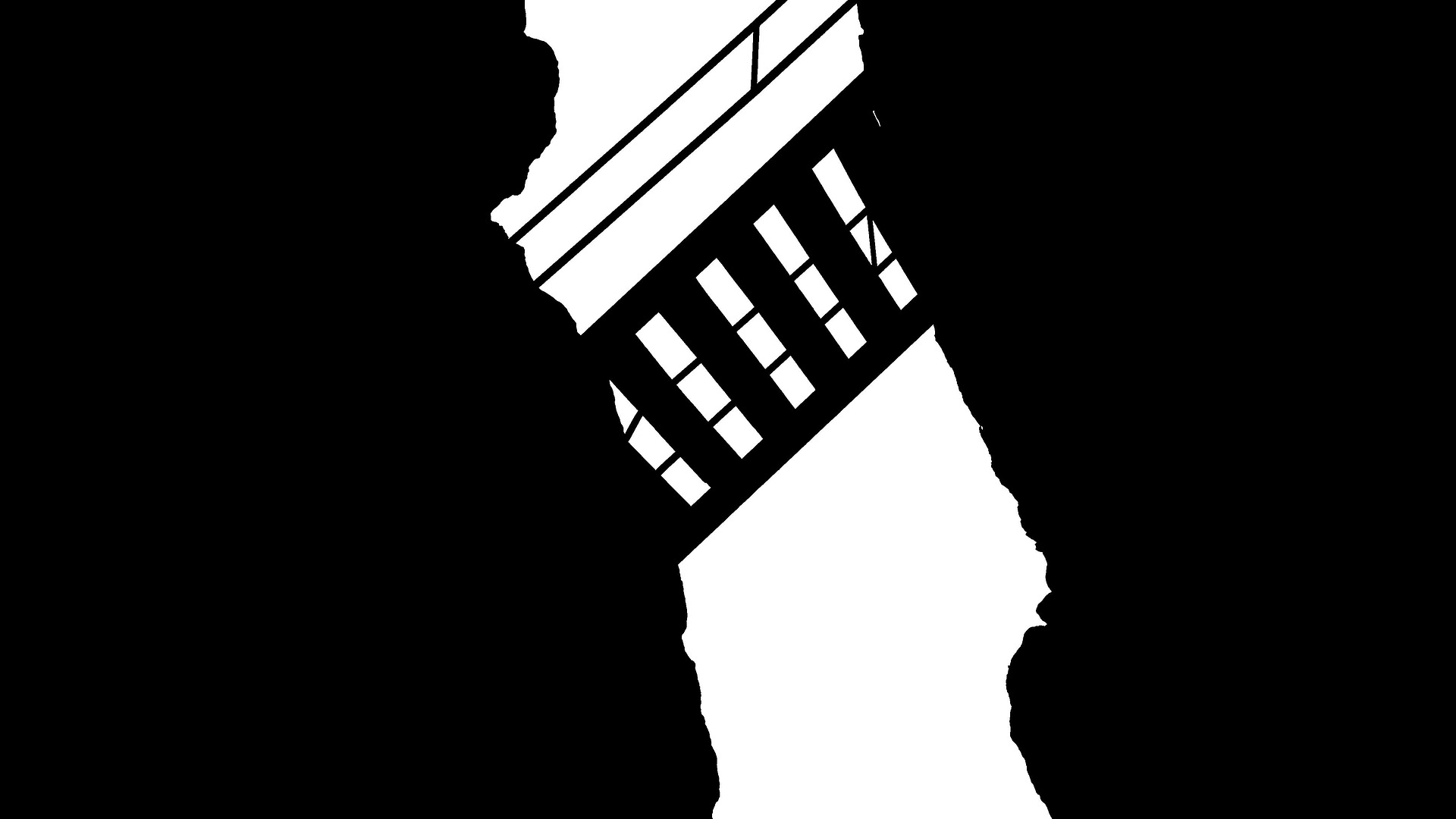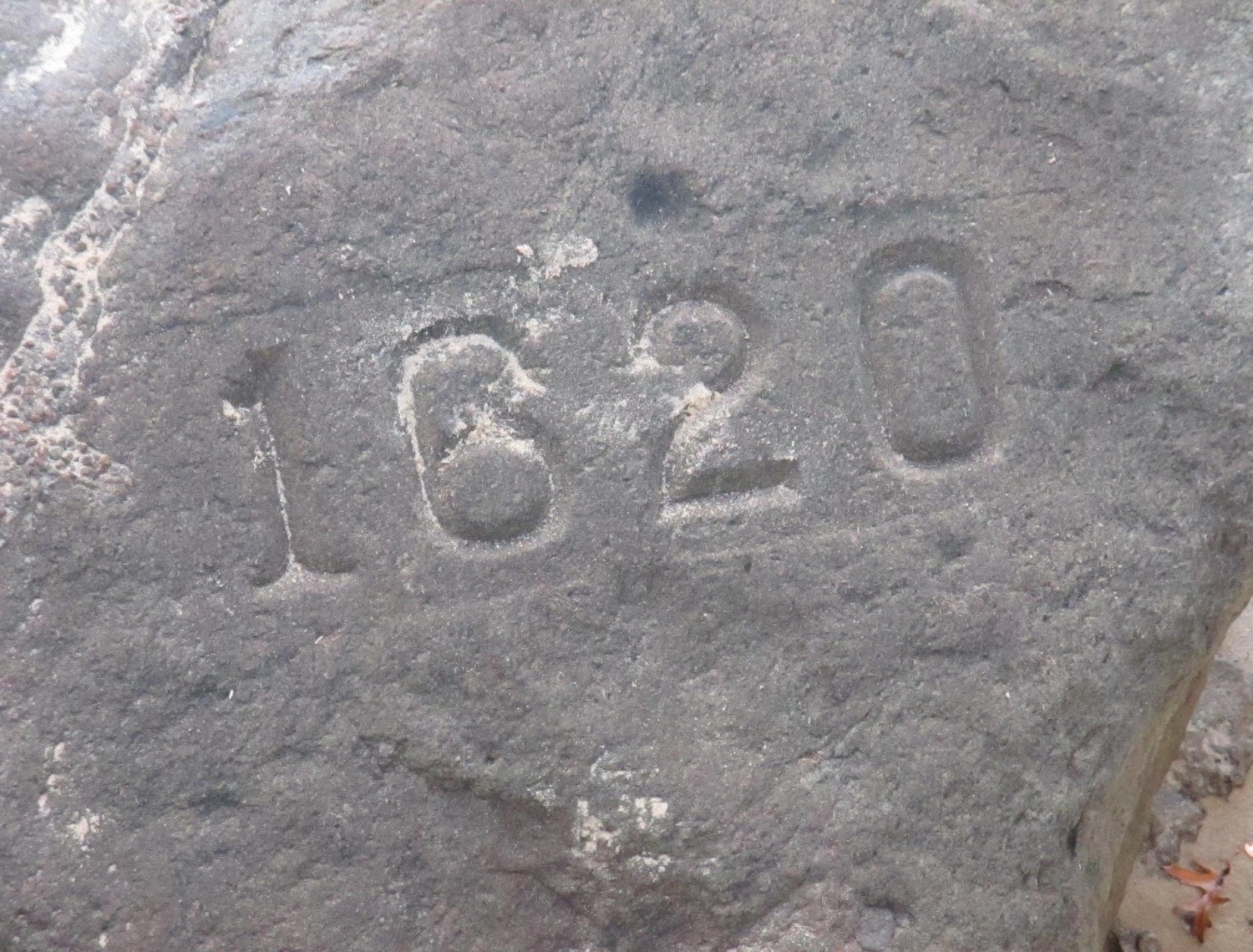This week on the Product Deepdive: SoundStack CRO Rockie Thomas explains how new additions to the SoundStack platform flip the script, enabling always-on podcast-to-broadcast capabilities for the lean-back listener who wants a simple live feed. Tune in now!
Last week, Tom and I had the chance to attend AdMonsters OPS in NYC, where Tom was asked to present The Medium Moves The Message. After his presentation, I asked Tom where he would rather see podcasting positioned: as broadcasting plus, providing even more data and accuracy than TV and Radio, or as digital minus, meeting enough of the criteria to justify the association but falling short on the messy bits around individual identifiers.
Tom and I both firmly agree that the future for podcasting involves being associated more with digital than broadcasting, because the trends for the last decade continue to point that way for all of advertising. But to accomplish that goal, like Tom mentioned last week, we all need to work together to make that a success.
Today, I’m happy to not only present but endorse an opportunity for our industry to adhere closer to digital standards in a way that will greatly increase demand for our inventory and uniformity on communicating with demand partners.
Prebid, a non-profit organization, is looking to start a Podcasting/Audio Committee to bring the efficiencies of Header Bidding to podcasting. So let’s start off by explaining what all of that means and how this can help our industry.
What Is Prebid?
Back in 2014, when you visited your favorite website each individual ad placement would load one by one and make their own call to the publisher’s adserver. For most publishers, it would attempt to first fill all available inventory with direct-sold campaigns before moving to call programmatic partners in a waterfall method.
In the waterfall method, a strict order is set. Direct-sold campaigns take top priority, then each programmatic partner is ranked and only called in that order. Partner 1 sees every single programmatic request and has the option to bid on it and ultimately win it, even if Partners 2-4 were willing to pay more. Waterfalls don’t care about price competition, they only care about filling the ad space with the highest priority response.
Imagine going to bid at an auction for a painting you’d really love to have for your living room. You’re prepared to pay a thousand dollars for it, so you show up at the auction thinking you will wait to see how the bidding starts before you weigh in, Someone seated at the front starts the bidding at $100 dollars, and before you even get your hand up, the auctioneer says “SOLD, to the closest person to me and the first who raised their hand.” This doesn’t help the seller, and that auctioneer would probably be fired! Yet this is what can happen in the waterfall method.
Those two main issues, loading ad placements one by one and the waterfall method of calling for programmatic ads, ultimately lead to the creation of Header Bidding. Header Bidding enabled publishers to gather all the data points they need from the site and reader, then make one single call out to all four of those Programmatic Partners for all four of the ad placements. The publisher’s adserver then fills the inventory by either selecting the highest CPM across direct and programmatic, or it can still set direct to serve first before selecting the highest CPM programmatic response for each placement.
Launched in 2015, Prebid is a non-profit organization and the most popular solution focused on standardizing Header Bidding through a free open source tech layer. By unifying how Header Bidding works, Prebid has been able to create the largest repository of adapters, allowing publishers to connect with over 250 demand partners to fill their inventory.
Don’t Go Chasing Waterfalls
I really want to hammer this point home on waterfalls and the negative impact of them for advertising overall, not just podcasting. Let’s start off with caveats: every publisher is 100% responsible for all the ads that run on their podcasts. That means either directly selling and reviewing them, or by trusting another partner to do so for them directly or programmatically. Waterfall or not, that’s a critical step in the growth of our industry and we absolutely need to consider this the baseline going forward.
Going back to the example above, let’s say everyone in podcasting chooses the same Partner 1. That means that one Partner sees every single programmatic ad request, one at a time, and gets to bid whatever they feel like. As long as they clear the floor price (the minimum price set to win), they get to serve their ad. So Partners 2-4 not only have less of an opportunity to bid for that inventory, they also see less requests. In programmatic, the less requests you see, the less sense of the value of the inventory you have, the less pressure to bid on that inventory.
Today, programmatic implementation in podcasting is not unified. How one hosting platform lets you call for a programmatic ad differs from another. Most adservers in podcasting allow direct campaigns to compete for the impression based on price, if you set them at the same priority. But with programmatic being handled through a VAST URL in some direct campaigns, that level of competition is rarely based on the CPM passed back on each programmatic request and rather the hard CPM (usually the agreed upon floor) that is associated with the manually set up campaign.
Triton Digital and Adswizz both offer a Supply Side Platform (SSP) component to their adserver, which absolutely replicates the ability to have demand partners compete on price for the impression. But a key part of Header Bidding is not forcing publishers to work solely with an SSP to get these benefits, especially when the SSP structure is based off of around 10% of the revenue generated from the transaction. Instead, Header Bidding allows a publisher to make that single request to all SSP’s, Demand Side Platforms (DSP’s), Ad Networks, Marketplaces, Exchanges, you name it, all at once, all through their own hosted solution. The 250+ adapters, Prebid’s term for the uniform way of connecting Prebid to each demand partner, immediately open our industry up to additional avenues of demand that don’t have to uniquely integrate with us one by one to access our inventory. SSP’s often maintain unique relationships with demand partners at potentially better terms even after fees than a publisher can negotiate directly, allowing true competition between all demand sources called by Header Bidding.
When every single request to fill inventory programmatically enables the most demand partners to compete for that impression, and fully understand why they lost it, the value of the inventory increases and prices go up. In a waterfall system, that pressure never builds up.
How Do We Start?
The process for creating a Podcast/Audio Committee in Prebid is incredibly straightforward.
Based on the experience the team has had with Connected TV (CTV) and Digital Out of Home (DOOH) as the two most recent Prebid Committees, the process is estimated to take about six months. While there are unique aspects of podcasting we’ll need to build for, much of the structure from the other channels of advertising will apply to what we’re building.
I want to emphasize that traditionally, these committees are incredibly publisher-first as ultimately the solutions benefit publishers the most. Because it’s free and open source, Publishers can easily stand up their own Prebid solution to maintain maximum control and transparency.
The committee meets every other week and is attended by at least one member of Prebid to help us set goals, timelines, and answer our questions as experts on the solution. While Prebid and other experienced members already part of their organization can and will participate in this new podcast committee, it’s important to highlight that we will need members of the committee to contribute engineering resources to build out the solution.
In an effort to make this committee even more appealing, Prebid has agreed that the revenue categories for their pricing structure will only apply to podcast revenue for those looking to join this committee, which means that if your podcast revenue is less than $10mil per year, whether a tech company, publisher, or buyer, the cost would only be $2,500. It also doesn’t hurt that by starting in July, the cost is prorated to 50% for the remainder of the year ($1,250). Just enough time for us to make this happen at a podcast industry approved price.
Thanks to the support of our partners, I’ll be representing Sounds Profitable as one of the spots, and Jordan Bentley, CEO of Audiohook and the individual who pitched the podcast committee to Prebid has agreed to participate as well. Here’s a quote from Jordan on why he supports Prebid for podcasting and why we’d like for you to join as well:
“Too many publishers in the podcasting ecosystem are still reliant upon the old waterfall monetization framework. This impacts not only the publisher’s ability to monetize, but has far reaching consequences ranging from lower production budgets to impacting advertisers ability to scale campaigns. Prebid (and header bidding) provide a great solution to the many downsides of the waterfall. Publishers would be remorse to not learn and understand how they could benefit.“
Wrapping It Up
How we implement Prebid in podcasting is still up for debate, and this committee absolutely will be pivotal in deciding that path.
At its worst implementation? Publishers can build their own instance of Prebid and will be able to use one VAST URL from Prebid to appropriately handle all their programmatic requests efficiently, one ad placement at a time. At its best, hosting platforms would implement this technology directly, reducing the need for everyone to build out and maintain the same technology. This would then limit the stress on demand partners to uniquely integrate with each of us and efficiently call for all programmatic requests at the time of initial download, not one per placement, driving competition and growing revenue.
Implementing Prebid as a hosting platform becomes a differentiator. It’s a selling point that tells your publishers your goal is to efficiently fill their inventory in a way that doesn’t require unique relationships but rather strengthens our entire industry. And for those worried about how this impacts SSP’s, one of the largest supporters of Prebid is the SSP Magnite.
“Joining the open source Prebid.org community has the potential to bring significant benefits to the podcast ecosystem and unlock numerous growth and investment opportunities for publishers and buyers,” said Grant Sterling, VP, Business Development at Magnite. “As podcast monetization largely relies on waterfall implementation, which can be limiting, integrating Prebid technology offers the ability to transact more seamlessly and at scale. This will enable audio publishers to more adequately drive demand density and efficiencies, while opening up more access for buyers to the valuable podcast consumer audience. As the podcast landscape continues to evolve, Magnite looks forward to participating in the podcast group within Prebid to help shape an effective framework that caters to the unique needs and challenges of all stakeholders.”
The cost is low. The support from Prebid is high. Now, more than ever, podcasting needs to rally around solutions that raise up the entire industry. Our biggest competition is not each other, its every other media channel. Let’s collaborate and reduce another friction point.
If you’d like to hear more about the committee, send us an email and I’ll connect you with the team at Prebid!
New Partners
Sounds Profitable exists thanks to the continued support of our amazing partners. Monthly consulting, free tickets to our quarterly events, partner-only webinars, and access to our 500+ person slack channel are all benefits of partnering Sounds Profitable.
- Acting on its values and bucking convention, Mozilla practices transparency and participation and envisions an optimistic future for Internet.
Want to learn more about partnership? Hit reply or send us an email!




















































































































































































































